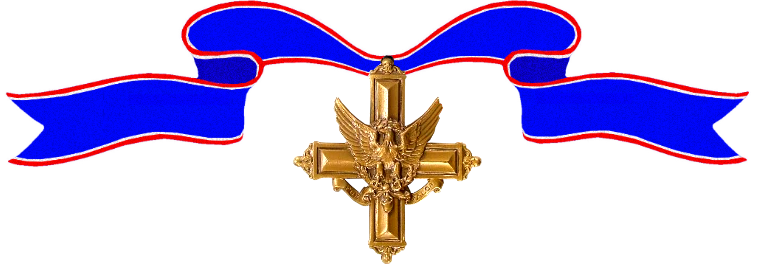Patrick Dunigan, received his Licentiate of Theology from Saint MaryÕs Seminary in Baltimore, Maryland, and was ordained a Catholic Priest on March 25, 1898. He served as pastor of a parish in Flint, Michigan, and in 1913 was elected La Peer’s first mayor. While he did not want the job, 351 of the cityÕs Protestant population and 31 Catholics elected him to office, giving the city of 1,000 people their first American Catholic priest-mayor. He was commissioned a first lieutenant in the Michigan National Guard in 1907, and was commissioned a U.S. Army chaplain in August 1917. During World War I he was Senior Chaplain of the 32d Division, the 3d Corps, and the THIRD Army. After the war he returned to service in the Michigan National Guard, and was appointed as a Member of the Board of Visitors of the U.S. Naval Academy by President William Harding. He was later decorated by the State of Michigan with the Medal for Bravery for his service during the small pox epidemic at La Peer, and in 1923 the University of Detroit confirmed on him the Honorary Degree of Doctor of Laws.

–
Cemetery:
Awards Received
-

Distinguished Service Cross
-
Distinguished Service Cross
Service:
United States ArmyRank:
Major (Chaplain’s Corps)Regiment:
126th Infantry RegimentDivision:
32d Division, American Expeditionary ForcesAction Date:
July 31 & August 1 – 4, 1918
War Department, General Orders No. 15 (1923)The President of the United States of America, authorized by Act of Congress, July 9, 1918, takes pleasure in presenting the Distinguished Service Cross to Major (Chaplain’s Corps) Patrick Richard Dunigan, United States Army, for extraordinary heroism in action while serving with 126th Infantry Regiment, 32d Division, American Expeditionary Forces, near Sergy, in the valley of the Ourcq River, France, 31 July and 1 – 4 August 1918. While performing his duties as chaplain of the 126th Infantry, 32d Division, Chaplain Dunigan repeatedly displayed exceptional qualities of personal courage and heroism in attendance upon the wounded, and dying, going from the most advanced points of the firing line to the several dressing stations, crossing and re-crossing the lowlands of the Ourcq River which were under intense artillery and machine-gun fire; again crossing and re-crossing them when the entire valley was drenched with gas, and against the protests of officers who warned him that he was doing so at the imminent risk of his own life. After having been severely gassed while in the performance of these errands of mercy, and tagged for evacuation, he refused to be evacuated and still persisted in carrying his errands of mercy to the wounded and dying, thereby enhancing the morale of the troops in his fearless disregard of personal danger and contributed materially to the success of the capture of the heights beyond the Ourcq River and the advance to the Vesle river at Fismes.

